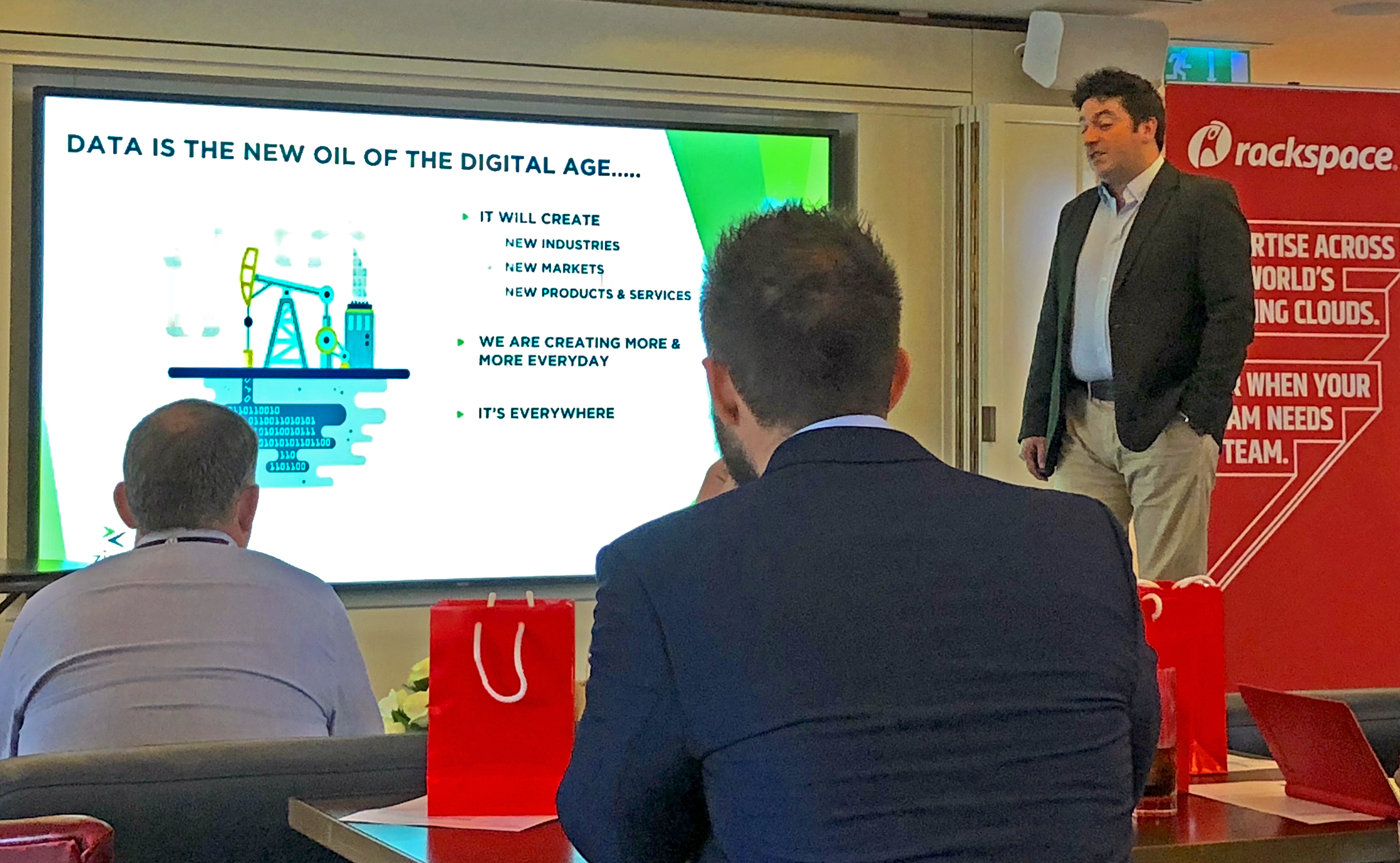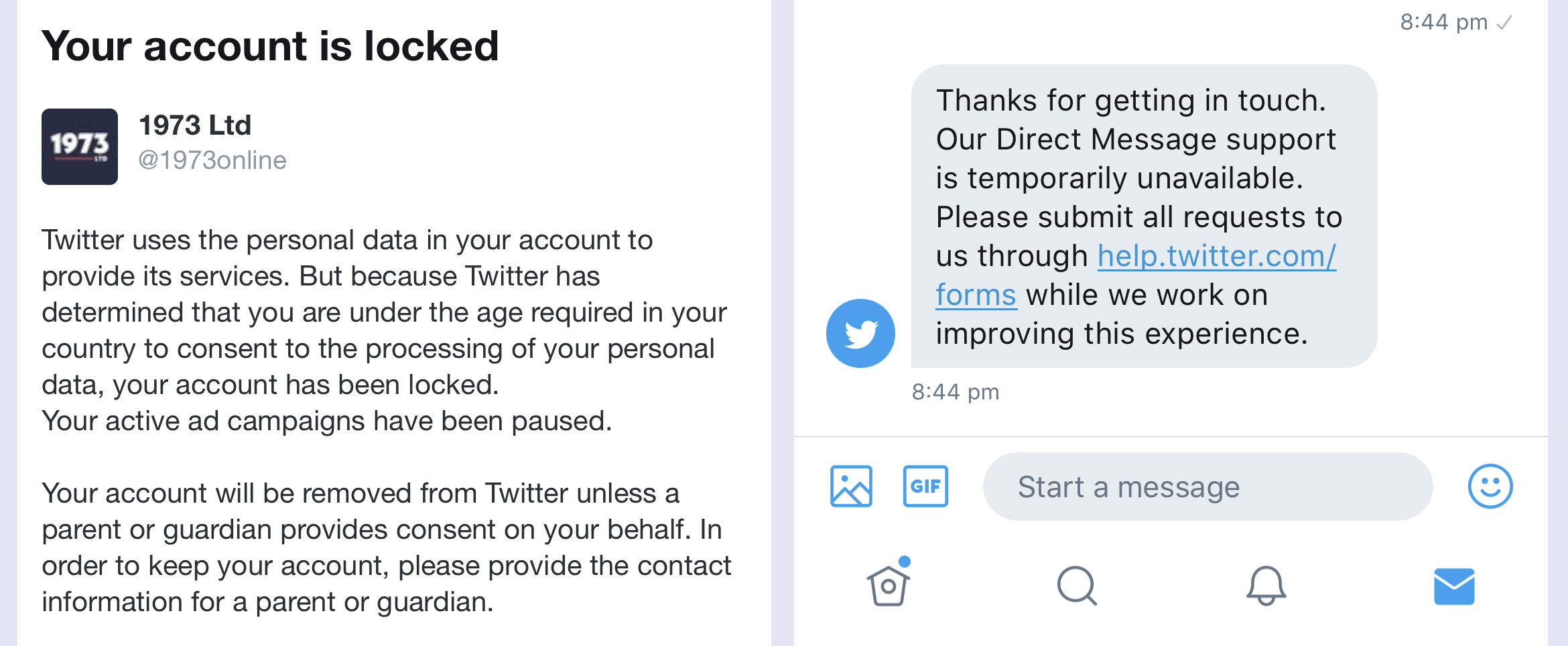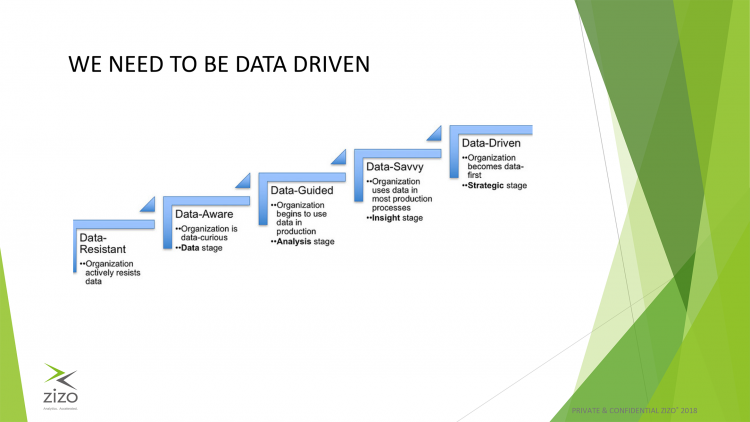
Data, everyone’s talking about it! In May I attended a GDPR conference hosted by ExecLN, and an ‘Everything Data’ digital agency meet-up hosted by Rackspace. I found myself involved in a fair few conversations on data, as I’m sure many of you have recently! One of the stand-out comments from these was “If people treated data like they did money, there wouldn’t be a problem.” And that’s just the thing. Data IS the new currency, the new gold, the new oil. And the sooner we switch our thinking about it that way, as data custodians, processors, marketers, and as citizens, the sooner we can protect it, harness it, and make it meaningful.

Data… this time it’s personal
Data is generated by people, and can go from abstract to personal in a simple step or two. Inanimate object data such as a seat number on a plane becomes personal when you attach a passport number to it. A postcode goes from being a street to a trackable person when you attach a house number to it. A national insurance number combined with someone’s surname gives someone enough information to try a scam.
So with technology overtaking us, it’s great that new measures are being put into place to keep us all safe. But what does it all mean for us marketers? Is it just a headache? Or can we use it as an opportunity?
Data as a challenge
GDPR coming into force in May has put a strain on a lot of businesses, especially SMEs suddenly hit with the new overheads and workload it’s brought about. Here at 1973, we saw first hand a huge corporation having a headache just days after GDPR rolled out, when we got locked out of our business Twitter account. “Tell us your date of birth” Twitter encouraged us. “Even if you’re a business” the message continued. Since we were rebranding and updating our profiles we went ahead and entered in the year the company was founded. Little did we know the huge impact one small profile change would have. Twitter locked us out of our account for being under age according to their terms of use. Our Twitter account was gone at a critical time for our business with seemingly no way to get it back other than providing a birth certificate for our fictional underage child. It made us realise how much businesses like ourselves have come to rely on these channels for our own marketing, networking and relationship-building, and the fact that you can be shut off in an instant like that was pretty scary.
 Scarier still, Twitter support (which ironically you can only access with a working Twitter account) was down. None of the automated support channels covered our scenario and there was no fallback human option to escalate our issue to. Clearly they were having problems. Assumedly getting rammed with similar issues to ours. Sure enough the shouting began on Reddit, where all these things do, with the story eventually hitting the media. But it wasn’t just businesses having problems; anyone who had ever been under 13 when using Twitter even if now in their twenties suddenly couldn’t access their accounts. I can only imagine the panicked internal meetings taking place as Twitter had to clean up after a mistake they made years ago in allowing underage users and now needing to be compliant with GDPR. What a mess!
Scarier still, Twitter support (which ironically you can only access with a working Twitter account) was down. None of the automated support channels covered our scenario and there was no fallback human option to escalate our issue to. Clearly they were having problems. Assumedly getting rammed with similar issues to ours. Sure enough the shouting began on Reddit, where all these things do, with the story eventually hitting the media. But it wasn’t just businesses having problems; anyone who had ever been under 13 when using Twitter even if now in their twenties suddenly couldn’t access their accounts. I can only imagine the panicked internal meetings taking place as Twitter had to clean up after a mistake they made years ago in allowing underage users and now needing to be compliant with GDPR. What a mess!
That’s just a story that touched us but there have been many of others and no doubt will be more to come.
Data as an opportunity
On the other hand, GDPR has presented many opportunities for businesses and marketers alike. Wetherspoons’ decision to clear out their entire database sparked debate as to whether this was a case of the IT department not talking to the marketing department. I personally feel it was the perfect coming together of each to create a great PR activity! Their honest approach of admitting they can’t vouch for their data, where it came from (potentially obtained from slightly worse for wear customers in exchange for a free pint) and their decision to ditch it all and start from scratch, shows integrity and daring. Coupled with being the first to ban plastic straws from their establishments these bold moves are building an image of the company as more than just a cheap, tired brand to a forward-thinking company not afraid of standing up for what’s right.
Done right, caring about your data will reap huge rewards. At the very least, if you can demonstrate you’re doing everything in your power to be GDPR compliant, you’re immediately putting yourself ahead of any competition that aren’t.
Go one step further and be private by design, showing utmost respect for people’s data, and you’ll shine as a company that your customers can trust. If customers feel they can trust your brand, they’re more likely to invest in it, giving you their time and information willingly. (More on this here). If that’s not enough to convince businesses to go this route, consider doing nothing, and the potential fines are up to 4% of a company’s global annual turnover if you’re caught in breach of the regulation.
Then comes the ultimate position to be in: data first and data driven as a culture. A company that isn’t afraid to experiment with the data they have and find new ways to add value to it for both the customer and the business. Once you’ve built the trust of your subscriber base you can unlock the real potential that good data brings. Get to know it, the people behind it, what they want and how you can help them. Build personas and explore ways to actually speak TO your customers rather than AT them.

Slide courtesy of Zizo.
It’s more than just personalisation tools that you’ll never learn how to use; it’s about good data strategy. It’s departments working together connect the dots of the entire customer experience. What does the ideal sales journey look like? What other opportunities might you be missing? What makes your customers tick?
Take Virgin Atlantic. Their entire culture is centred on listening to their customers and creating great experiences for them. Trickling through the organization from the top, Richard Branson’s unique brand of customer-centric innovation and entertainment is so embedded it’s dripping off their walls.
“It’s right through our genes, it’s in our history, it’s how we were formed” says Martyn Reding, head of user experience and optimization at Virgin Atlantic, in his interview on the Boagworld show podcast.

Martyn Reding talks of things being “the other way around” at Virgin Atlantic, where people beg for more customer insight and more user centered practices. Teams of designers and researchers who would usually be found in a corner feeling frustrated at wanting to be heard are given a seat at the table. Doors are open between departments and bad user experience never gets overlooked for a business need.
They have a culture of swapping “Yes but…” to “Yes and…” to cultivate ideas and experimentation.
“It sounds like a small language change, but the difference can be huge. You go from, here’s a tiny idea that I’m nurturing, that I’m a bit embarrassed about, to suddenly it’s blown up into something terribly exciting that no one had thought of before.” Martyn Reding, Virgin Atlantic.
As a company they never stand still and therein lies their success.
Data: it’s not me; it’s you…
To really engage with data and unlock it’s true potential we need to get to know the people behind the names. It’s about listening to our customers rather than broadcasting to them, and being relevant and helpful to them rather than approaching them with our own agendas. An example of a company harnessing the potential of their data well is ASOS.
“I don’t believe in personalisation for personalisation’s sake, but if it helps to solve a customer problem, then it is the right thing to do. There are positive examples of personalisation throughout the ASOS experience, from the engagement and traffic we generate by sending personalised emails, to the high click-through rates we get from personalised display banners and social content. But two areas worth highlighting are our size algorithm and our recommendation algorithm. The former has driven conversion rates up and return rates down by using each member’s past purchase history to automatically recommend the product size they should be buying for each brand. And the latter has led to a significant uplift in conversion and click-through rates. These are good examples of how AI is transforming the industry and I am extremely excited about the potential this technology has.” Andy Berks, digital product director, ASOS
While ASOS are not alone in their tracking of returns and reasons for doing so, not everyone actually makes use of these data points in such a positive sales-driven manner.
There’s a lot of talk about artificial intelligence and bots at the moment and of course we can’t know all our customers individually so utilising this sort of intelligence is exciting. The more it is used the smarter it gets, potentially increasing relevancy and value over time. However, we can’t take the person out of personalisation just yet. We still need to focus on that human to human experience, using our creativity and our empathy. Chat bots for example can’t yet replace human conversation but they can emulate a more personal approach to interacting with technology and form part of our experimentation and learning.
It is abundantly clear that we all need to challenge our thoughts about data with respect to what data we have, how we keep it, and more importantly how we use it. To date we’ve accumulated about 4.4 zettabytes of data; this is expected to grow to 44ZB or 44 trillion GB by 2020. That’s a lot of data and it would be criminal not to make the most of it. So to return to my opening point, treat data like you do money. Don’t leave it lying around, treat it carefully and best of all strategise with it and it will repay you in turn!
For further reading, check out Jamie’s blog post “Personalisation: it’s more than just a [first_name].